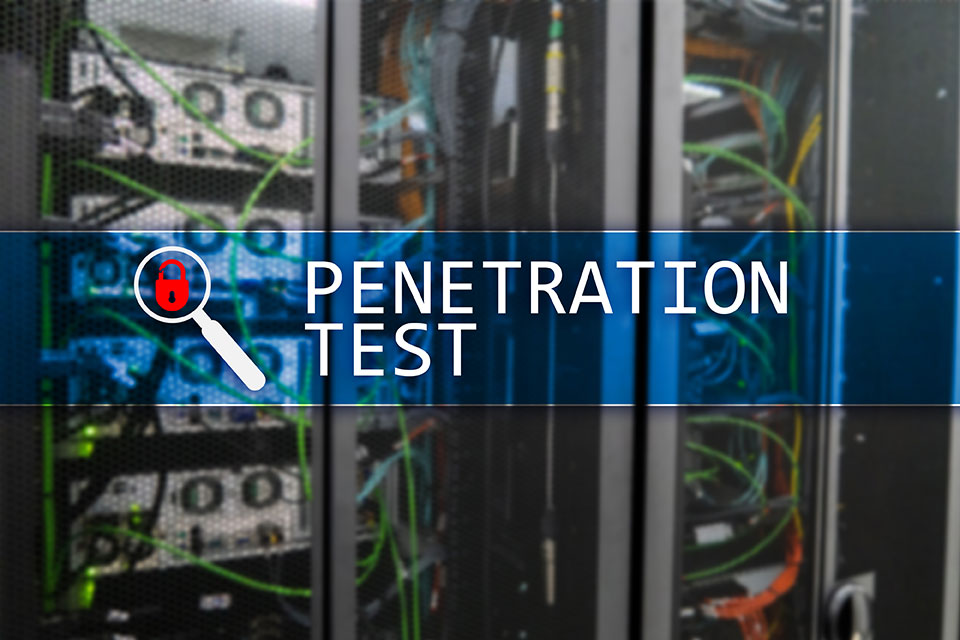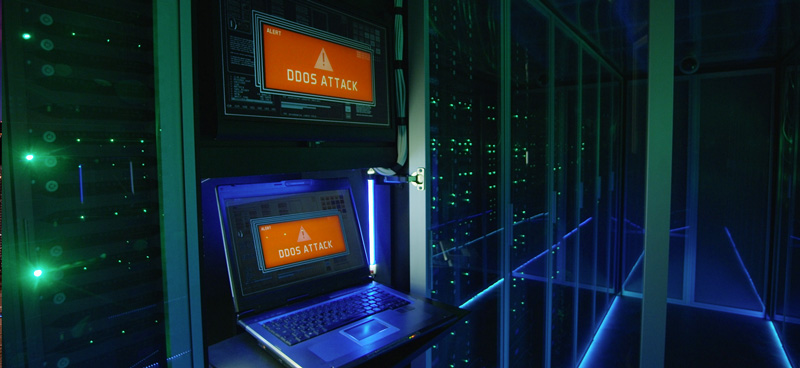Some might think compliance is just another item to tick off on a list; however, in reality, it’s about much more than that. Data center compliance standards are at the foundation of efficient data management, ensuring the three pillars of information security: confidentiality, integrity, and data availability.
The importance of compliance standards goes beyond adhering to regulatory requirements. Cyber threats and data breaches are lurking in every corner, and the aftermath of an incident can be detrimental to businesses. Compliance is important for data center operators in ensuring the safety of the data they’re responsible for, and it serves as a guideline for businesses in choosing the operator that can cater to their needs.
This guide to data center compliance for businesses will help you understand the basics of compliance standards and choose the right solution for your business’s specific needs.
Why Compliance is Important
By definition, data center compliance is the conformity of the data center with industry standards, data protection laws, and regulations, representing a token of security in handling the data and systems stored and managed within its perimeter.
Data center compliance standards are essential if you want to keep your business and your client’s information safe and protected. They are a necessary element in strategic data management that comes with operational benefits and peace of mind for both the company and the customer. Compliance builds trust, and trustworthiness requires continuous sustenance. It ensures operational transparency and a responsible data management strategy.
Compliance reduces the risks of data breaches and provides an improved security posture for the data center. Compliance guarantees the data center’s efficiency and flexibility, which allows it to offer greater resilience and security in the face of constantly evolving cyber threats.
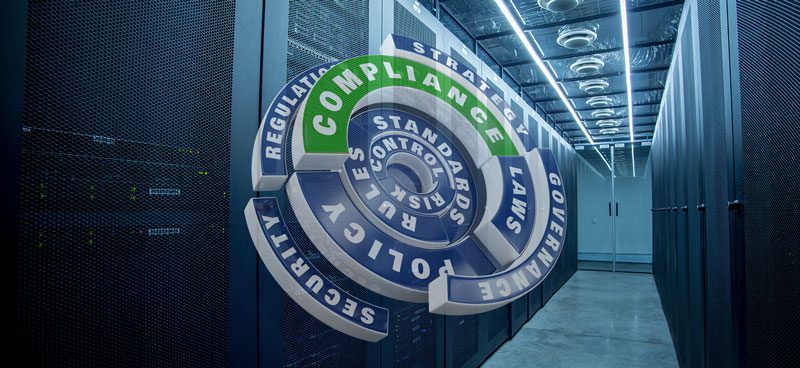
Basic Compliance Standards
Let’s take a look at the most important compliance standards.
The ISO 27001 Standard
ISO 27001 is an international-level standard for information security management systems. It outlines a systematic approach to sensitive data management, risk assessment, and the implementation of security controls. ISO 27001 compliance demonstrates a commitment to protecting data and ensuring the three pillars of information security.
SSAE 16 and ISAE 3402
SSAE 16, or Statement on Standards for Attestation Engagements No. 16, respectively ISAE 3402, or International Standard on Assurance Engagements No. 3402, are both auditing standards. They ensure transparency and reliability for customers and stakeholders.
PCI DSS Compliance
Payment Card Industry Data Security Standard or PCI DSS is a must-have for data centers in partnership with financial services that manage and process payment information. It is a set of security standards safeguarding payment card data during transactions. PCI DSS compliance mandates tight security measures to protect financial information from data breaches and other attacks leading to potential monetary loss.
HIPAA Compliance
HIPAA compliance, or the Health Insurance Portability and Accountability Act (HIPAA), is a set of security standards relevant to the healthcare sector. It sets standards for safeguarding sensitive patient data. This involves regulations for secure storage and transmission of data.
Healthcare institutions and data centers managing healthcare data must adhere to these standards to protect patient confidentiality. Moreover, HIPAA compliance ensures the integrity and availability of electronic protected health information (ePHI).
Data Center Compliance Benefits for Businesses
While one size does not fit all, different industries need different data security solutions, and there are a few general business benefits to compliance that are the same across all sectors. Let’s take a look at them.
Avoiding Penalties and Hefty Fines
Compliance standards are crucial for businesses to avoid penalties and fines. Non-compliance can lead to breaches, which can lead to legal consequences, tarnishing reputations, and significant financial losses. The most crucial benefit of compliance is that it acts like a protective shield that allows businesses to avoid the penalties and risks of reputational damage.
Protecting Your Reputation
By meeting regulatory standards, a business demonstrates a commitment to being ethical, which builds a trustworthy company image among clients. Compliance fortifies a company’s posture, contributing to a positive public perception. A data breach incident due to non-compliance, on the other hand, sends the message that your company doesn’t take customer data protection seriously. Compliance standards help your business stay safe against the waves of ransomware attacks and save you from the uncomfortable situations that can arise from losing vulnerable customer data to breaches.
Improving Efficiency
To be compliant, you must constantly work on data security to ensure all the policies are in place. Data center compliance can boost business efficiency by structuring data and streamlining processes to ensure data accessibility. This can create more organized and productive environments, which helps businesses operate more smoothly.
Risk Mitigation and Peace of Mind
Compliance involves a structured and systematic approach to data protection that helps identify and address potential threats before they can harm a business. By anticipating and neutralizing risks, compliance can contribute to minimizing vulnerabilities. This approach helps safeguard sensitive information and improves operational stability. Thinking long-term, small steps for risk mitigation can go a long way in bolstering business success. Knowing that the business operates within a secure framework fosters a sense of security. As simple as it sounds, this can make a big difference, allowing companies to focus on more critical areas that bring growth.
Competitive Edge
Compliance grants businesses a competitive edge by showing commitment to ethics and reliability. As mentioned, reputation is everything in business, and compliance helps a business distinguish itself in a crowded market. Integrity is a powerful tool for attracting customers and opportunities, making compliance a strategic advantage.
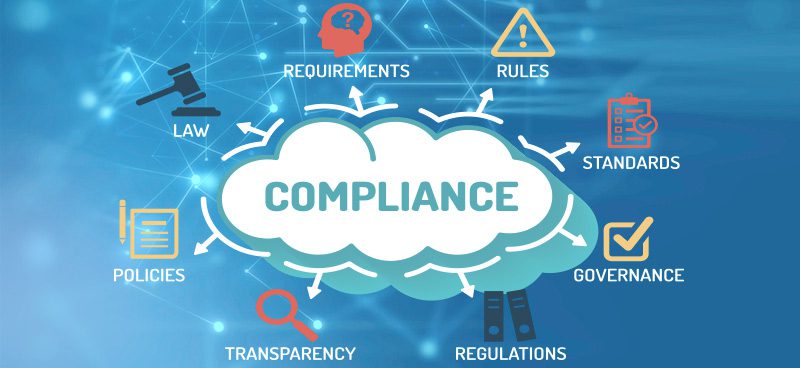
The Effects of Non-Compliance
Following industry standards is far from being merely a tickbox on a list: the consequences of failing to meet data center compliance standards can be dismal. The bigger the enterprise, the more elements there are to consider and the harder it is to fulfill compliance requirements.
However, with the cost of data breaches skyrocketing, you don’t want a lack of compliance as a vulnerability. Even though meeting standards is a complex endeavor that requires constant attention, omitting to take the necessary steps can be devastating for all parties involved.
Non-compliance can draw with itself ethical and legal issues, grinding down trust and leading to reputational damage with rippling consequences.
The worst risks of non-compliance are the following.
Sensitive Data Getting Into Unauthorized Hands
Data center compliance ensures data safety, safeguards individuals from identity theft, and protects companies from cyberattacks that can lead to significant financial losses. Financial loss can happen at the individual level with compromised credentials and at the enterprise level with an alarming number of ransomware and phishing attacks every second.
Non-compliance is More Expensive
While avoiding compliance for a while is possible, this approach can lead to sudden, unwanted consequences. Waking up to hefty fines or enormous costs of data breaches can significantly impact a business. In fact, non-compliance costs three times more on average than the cost of a compliance backbone set up in time.
It can be eye-opening to note that the average cost of compliance is around $5.5 million, while the cost of non-compliance is $14.82 million on average.
Legal Implications
Failing to meet compliance standards can lead to severe penalties and fines. Businesses that don’t take compliance seriously can face severe fines. GDPR amends start at $11 million, and organizations that fail to meet obligatory standards face severe penalties.
A Damaged Reputation
Trust is fragile in any context: It takes a long time to build up, and it can be damaged in seconds. The same is true in the case of the data center: a data breach or other data security incident can lead to erosion of trust and reputational damage for the data center and all parties involved.
Functional Disturbances
The consequences of non-compliance can impact the operation of the data center, which can lead to disruptions in the activity of businesses. Consequently, this can lead to customer dissatisfaction and financial losses.
Losing Business Opportunities
Let’s face it: the cost of lost data is rising, and risking financial and reputational damage is just not worth it. Customers have many options on the market, and they will prioritize the possibilities that offer compliance and guarantee the safety of the data entrusted to them. A lack of compliance restricts the number of potential partnerships and business opportunities.
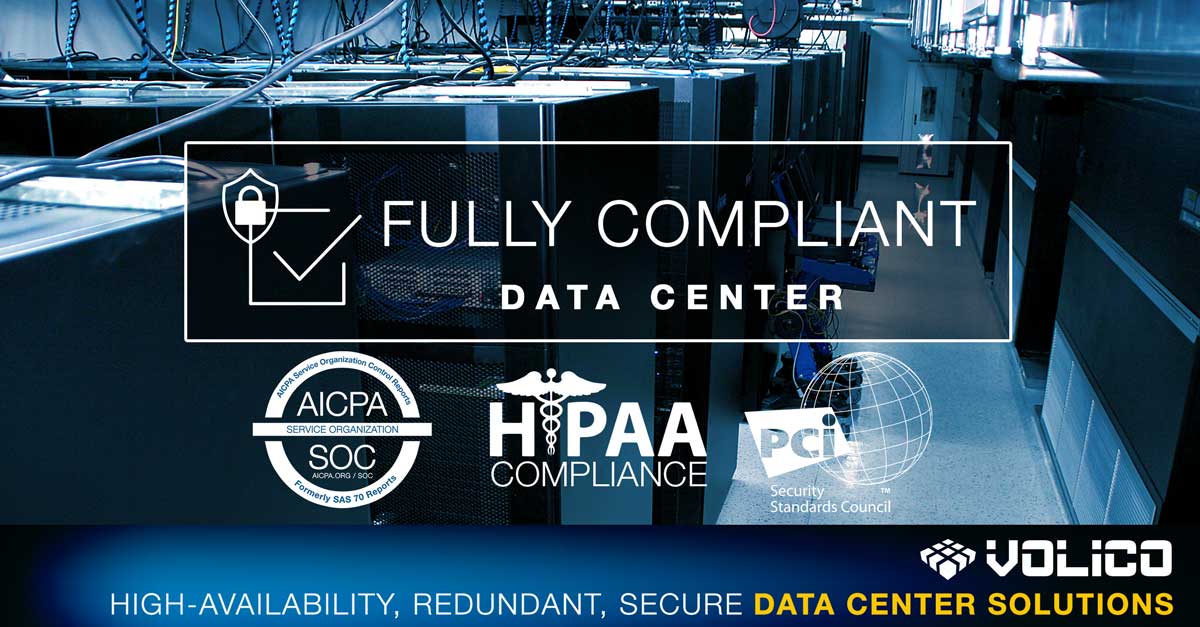
Conclusion
In today’s increasingly complex data protection landscape, businesses stand between the growing risks of evolving threats and legal challenges. Compliance is a must-have not only to safeguard against penalties and reputational damage but also to build trust.
At Volico Data Centers, we take trust seriously. Volico is compliant with HIPAA, SSAE16, SOC 2 Type II, and NIST audits. Our infrastructure can support nearly any configuration, and our hosting certifications testify to our high-level data security solutions.
Got questions? Want to talk specifics? That’s what we’re here for!
If you’d like to know more about how compliance can benefit your business, call (305) 735-8098
or Chat with a member of our team to discuss which solution best fits your needs.











